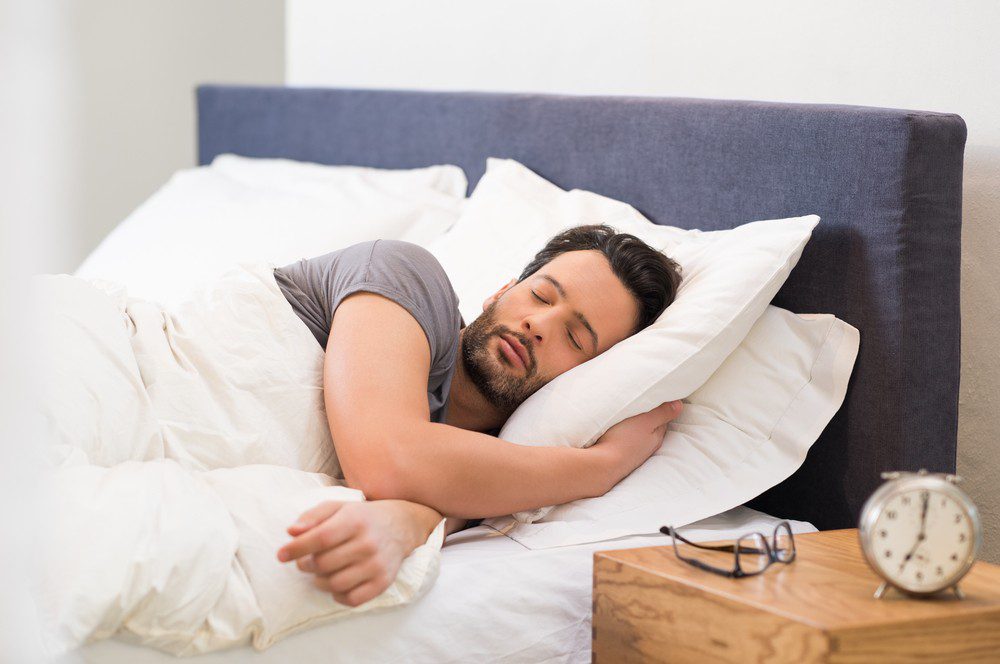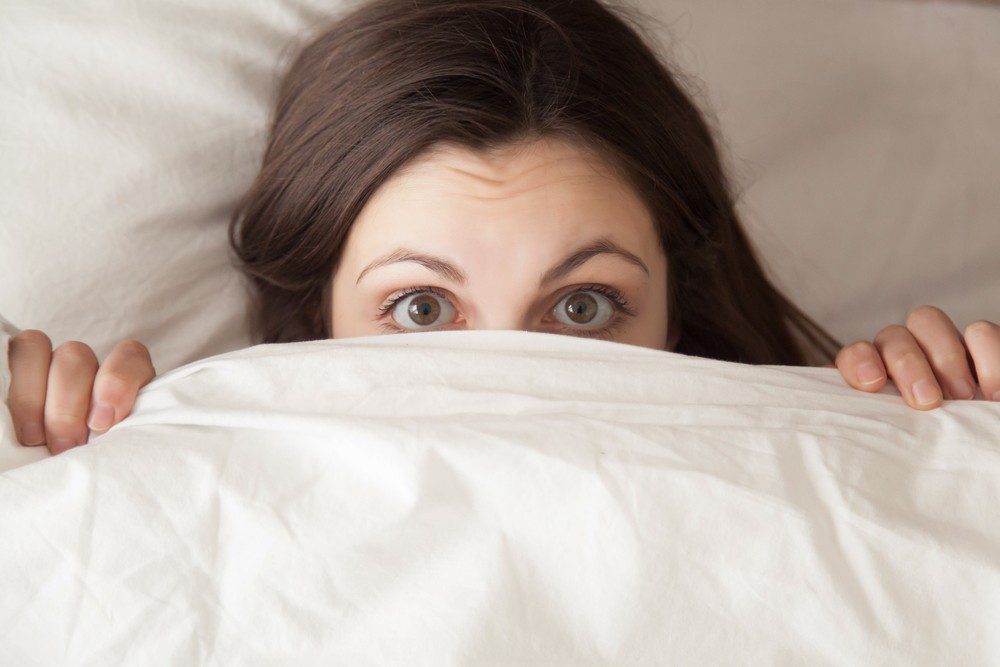
Over time, the continuous positive airway pressure machine, known more commonly as CPAP, has emerged as one of the most effective treatments for both moderate and severe cases of obstructive sleep apnea, or OSA. While it has been proven to be pretty effective in combating sleep apnea, it’s not always an appealing treatment option for many people.
Many people find using a CPAP machine to be inconvenient, uncomfortable and even annoying, even though the benefits are worth more than the inconvenience in most cases. Most people question how long they have to use the device, and that’s normal. To provide a better answer to this, it pays to understand how a CPAP machine works in treating sleep apnea.
How CPAP Therapy Works
The CPAP device helps to create a constant flow of air through the airways to avoid muscle relaxation during sleep. Since the airways are unable to collapse, the individual can sleep and breathe better, giving the illusion that the sleep apnea has been resolved.
But, CPAP is not a cure in itself. It’s like a pair of glasses you have to put on to improve your vision. It only works when and if you have it on. This means you can’t just discontinue it after a period of positive changes.
What If You Stop Using Your CPAP?
It’s not uncommon to see significant changes even after a pause. This is often a result of the decreased swelling along the airways, which usually returns along with the symptoms when the snoring and sleep apnea resume.
While CPAP is likely the most effective cure out there for sleep apnea, it does not necessarily mean you’ll have to use it forever. Although not everyone likes to use the device, advances in technology have made newer devices smaller, easier, less intrusive and more convenient to use. There is also a probability that something much better will come along soon considering the developments being made with other oral appliances and surgical processes.
Finally, there is also a possibility that positive changes can be made if the other contributing factors to your sleep apnea are properly addressed. The good news is a CPAP machine is not the only way to treat your sleep apnea symptoms. Many patients have found relief with the use of an oral appliance designed to keep your jaw in the optimal position to open up the airways during sleep.
If you experience symptoms of OSA or would like to know more about the condition, schedule a visit or contact Dr. Norman and the Dream Smile team at 425-366-7983 today.



